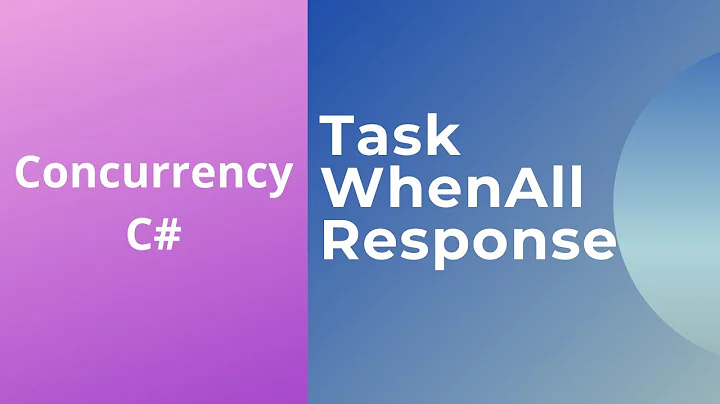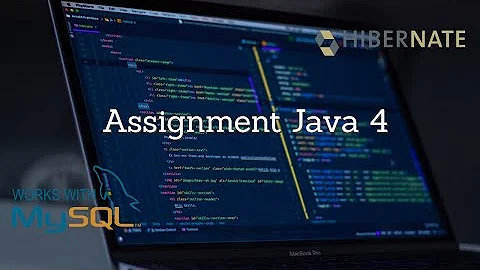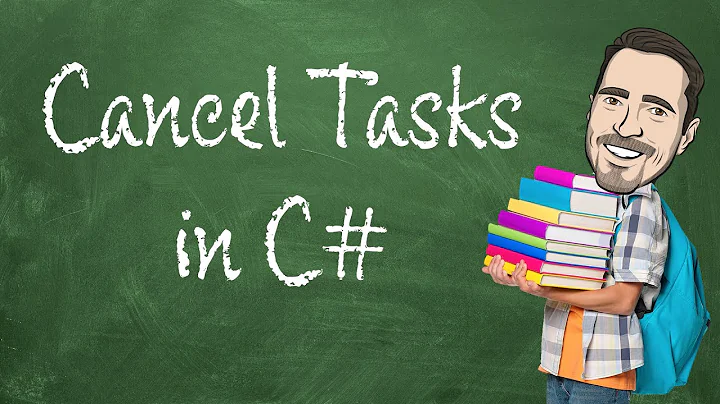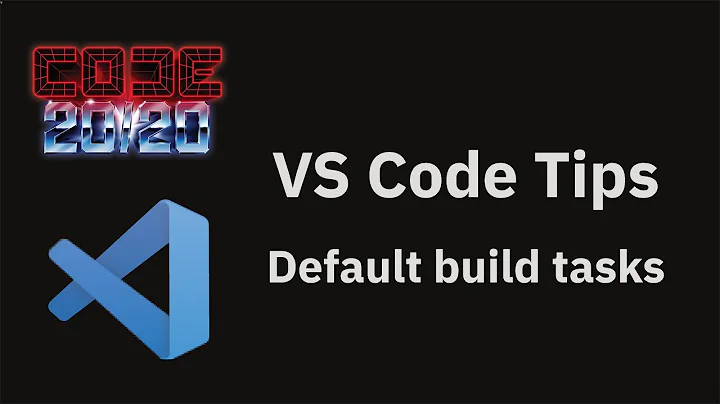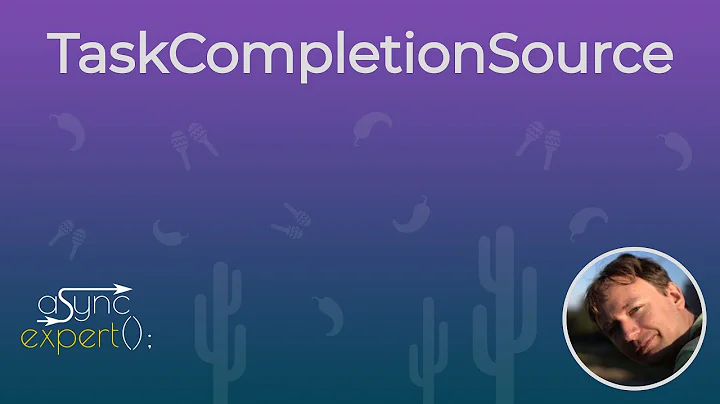TaskCompletionSource throws "An attempt was made to transition a task to a final state when it had already completed"
Solution 1
The issue here is that the Completed event is raised on each action but the TaskCompletionSource can only be completed once.
You can still use a local TaskCompletionSource (and you should). You just need to unregister the callback before completing the TaskCompletionSource. That way this specific callback with this specific TaskCompletionSource will never be called again:
public static Task<string> ProcessAsync(MyService service, int parameter)
{
var tcs = new TaskCompletionSource<string>();
EventHandler<CustomEventArg> callback = null;
callback = (sender, e) =>
{
service.Completed -= callback;
tcs.SetResult(e.Result);
};
service.Completed += callback;
service.RunAsync(parameter);
return tcs.Task;
}
This will also solve the possible memory leak that you have when your service keeps references to all these delegates.
You should keep in mind though that you can't have multiple of these operations running concurrently. At least not unless you have a way to match requests and responses.
Solution 2
An alternative solution to i3arnon's answer would be:
public async static Task<string> ProcessAsync(MyService service, int parameter)
{
var tcs = new TaskCompletionSource<string>();
EventHandler<CustomEventArg> callback =
(s, e) => tcs.SetResult(e.Result);
try
{
contacts.Completed += callback;
contacts.RunAsync(parameter);
return await tcs.Task;
}
finally
{
contacts.Completed -= callback;
}
}
However, this solution will have a compiler generated state machine. It will use more memory and CPU.
Solution 3
It appears that MyService will raise the Completed event more than once. this causes SetResult to be called more than once which causes your error.
You have 3 options that I see. Change the Completed event to only be raised once (Seems odd that you can complete more than once), change SetResult to TrySetResult so it does not throw a exception when you try to set it a 2nd time (this does introduce a small memory leak as the event still gets called and the completion source still tries to be set), or unsubscribe from the event (i3arnon's answer)
Related videos on Youtube
Hossein Narimani Rad
Ph.D. Student in Geospatial Information Systems (GIS). LinkedIn GitHub
Updated on September 15, 2022Comments
-
Hossein Narimani Rad over 1 year
I want to use
TaskCompletionSourceto wrapMyServicewhich is a simple service:public static Task<string> ProcessAsync(MyService service, int parameter) { var tcs = new TaskCompletionSource<string>(); //Every time ProccessAsync is called this assigns to Completed! service.Completed += (sender, e)=>{ tcs.SetResult(e.Result); }; service.RunAsync(parameter); return tcs.Task; }This code is working well for the first time. But the second time I call
ProcessAsyncsimply the event handler for theCompletedis assign again (the sameservicevariable is used every time) and thus it will execute twice! and the second time it throws this exception:attempt transition task final state when already completed
I'm not sure, should I declare the
tcsas a class level variable like this:TaskCompletionSource<string> tcs; public static Task<string> ProccessAsync(MyService service, int parameter) { tcs = new TaskCompletionSource<string>(); service.Completed -= completedHandler; service.Completed += completedHandler; return tcs.Task; } private void completedHandler(object sender, CustomEventArg e) { tcs.SetResult(e.Result); }I have to wrap many methods with different return types and this way I have to write lost of code, variables, event handlers so I'm not sure if this is the best practice in this scenarios. So is there any better way of doing this job?
-
i3arnon over 8 years@HosseinNarimaniRad Not necessarily. You can still use a local TCS with a lambda expression, though it's not that simple. Look at the code in my answer.
-
Hossein Narimani Rad over 8 yearsIt say cannot implicitly convert Action<...,...> to EventHandler<...> at
service.Completed-=callback;so I fix it by changing the type. -
Hossein Narimani Rad over 8 yearsIt works. but the
service.Completed -=callbacklooks like a magic. How it compare this newly created variable with the previously assigned one and match them? -
i3arnon over 8 years@HosseinNarimaniRad the callback is an instance just like any other object. It gets captured by the lambda expression just like the tcs does. It doesn't use a variable. It uses the instance inside that variable.
-
Hossein Narimani Rad over 8 yearsYes, I prefer the 3rd option. But honestly I cannot figure out how the newly instantiated
callbackmatch the previous one and usingservice.Completed -=callbackit will be removed. I thought everytime we create a newcallbackit does not refer to the same handler so I thought I have to declared the handler in the class body. -
Scott Chamberlain over 8 yearsIt is a variable capture, it is the same "problem" that you get when you use the
ifrom aforloop inside a lambda. The variablecallbackinside the lambda is the same variable so it can be used inside the lambda even though it has not been initialized yet. You are correct that it creates a new callback every time, but you are keeping a reference to the anonymous callback so you can unsubscribe later (and that "later moment" just happens to be inside the callback itself). -
Hossein Narimani Rad over 8 yearsYou means the reference to this anonymous callback is the same for every execution of
ProcessAsync? -
i3arnon over 8 years@HosseinNarimaniRad no, it isn't. There's a new reference each time that line is executed. Just like there's a new CTS for each call to that method.
-
Hossein Narimani Rad over 8 years@ScottChamberlain Oh Yes. Now I understand the idea correctly. Thanks for your explanation.

